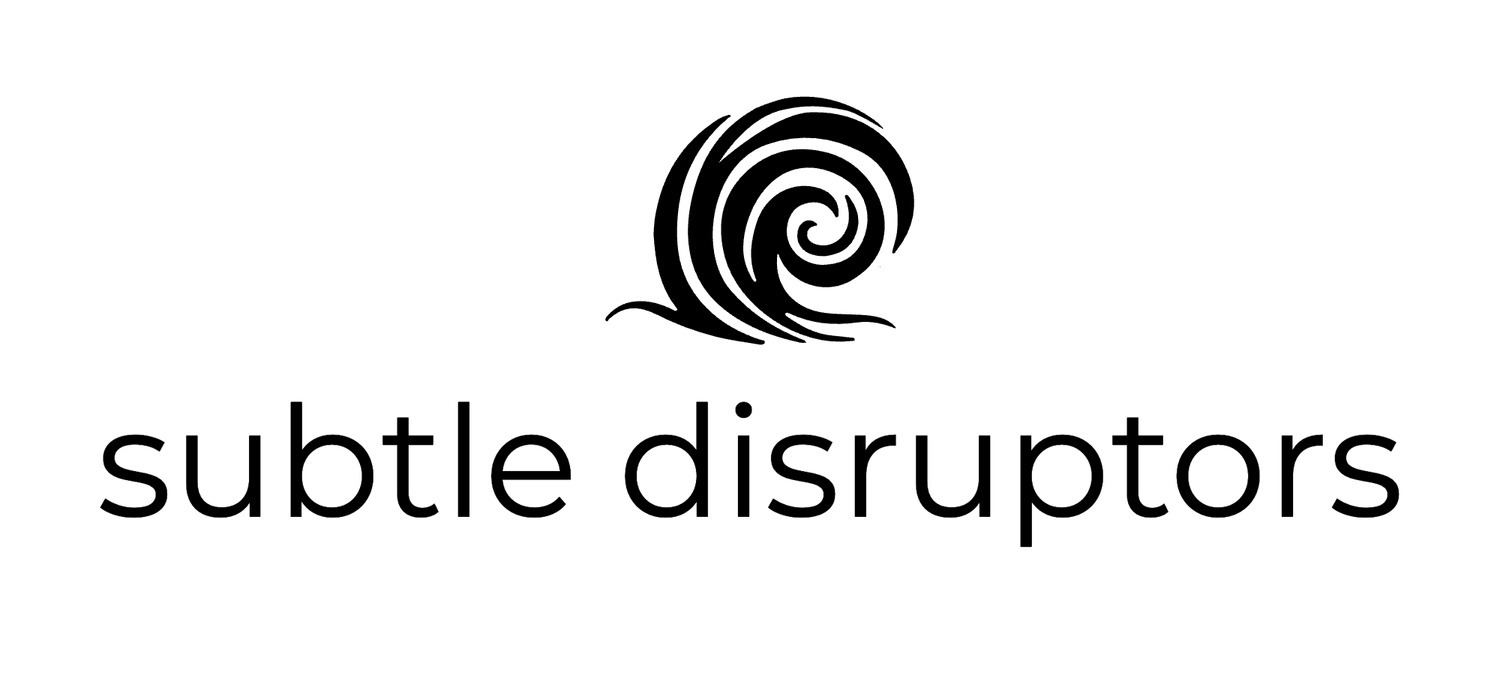some of my thoughts
I write a little. Some of this is old and some of it new. I think my thinking has evolved over time.
Subtracting to create more
My first ever disclaimer: I am not a medical practitioner. The opinions expressed below are entirely my own.
Another thought that circulates in Taleb's Antifragile is that if smoking were removed from our society, ever other current medical intervention and action would be a footnote in describing improvement in the health of humans across our planet. His point is that the human body is very good at sorting itself out - it has been refining its defences and health over a very long time, and anything that we choose to add to it (like smoking, like unnecessary surgery) is probably going to be worse overall than better. Removing unnecessary interventions into our system can only be good for our health.
Intervention needs to be saved for the situation when there is a massive upside, and a small downside (for example if somebody has cancer and only surgery/chemo will prolong their life). When there is a small upside, it is highly likely that there is the potential for a massive downside (for example elective plastic surgery that provides a small improvement to the nose, but could introduce and fatal infection into the body).
This has got me thinking about my own life and also that of my kids, and the number of interventions I think are necessary, and whether they actually are. Here are a couple I am thinking about:
- when my kids have a mild temperate: I often think they need Panadol or Nurofen to help them feel better. Is this the case? Could the temperature actually be good for them, helping their body recover, and allowing them to flow with their lethargy and rest?
- prescribing antibiotics to speed up the rectification of infections: Could this mask the cause of infections, rob my body's ability to learn how to fight infections, and also kill the necessary good bacteria of my gut?
I leave these as questions because I am not qualified to know the answers. And that is Taleb's point. Actually none of us really know the answer to these questions; we can't predict all the short and long term consequences of medical intervention. He advocates not trying to work them out but to use a heuristic to help guide us (not just for medical instances but for many of life's decisions): Big upside and small downside? Intervene. Small upside and unknown downside? Leave it be.
True Wealth
Instead of adding things to our life to improve it, Nassim Nicholas Taleb encourages the readers of his book Antifragile to consider what they can remove.
He suggests a list of things that true wealth consists of (which I quite like):
- worry free sleeping
- clear conscience
- reciprocal gratitude
- absence of envy+
- good appetite
- muscle strength+
- physical energy
- frequent laughs+
- no meals alone+
- no gym class
- some physical labor+
- good bowel movements
- no meeting rooms
- periodic surprises
In thinking about this list he makes that call that achieving true wealth is therefore more about what one takes away from their life, as opposed to what they add to it.
I have started to think what I could remove from my life, like the things I do, the things I have, and the food I eat, in order to improve it. The crosses on the dot points above are where I think I could improve (not that I would admit to the third last point in public!).
